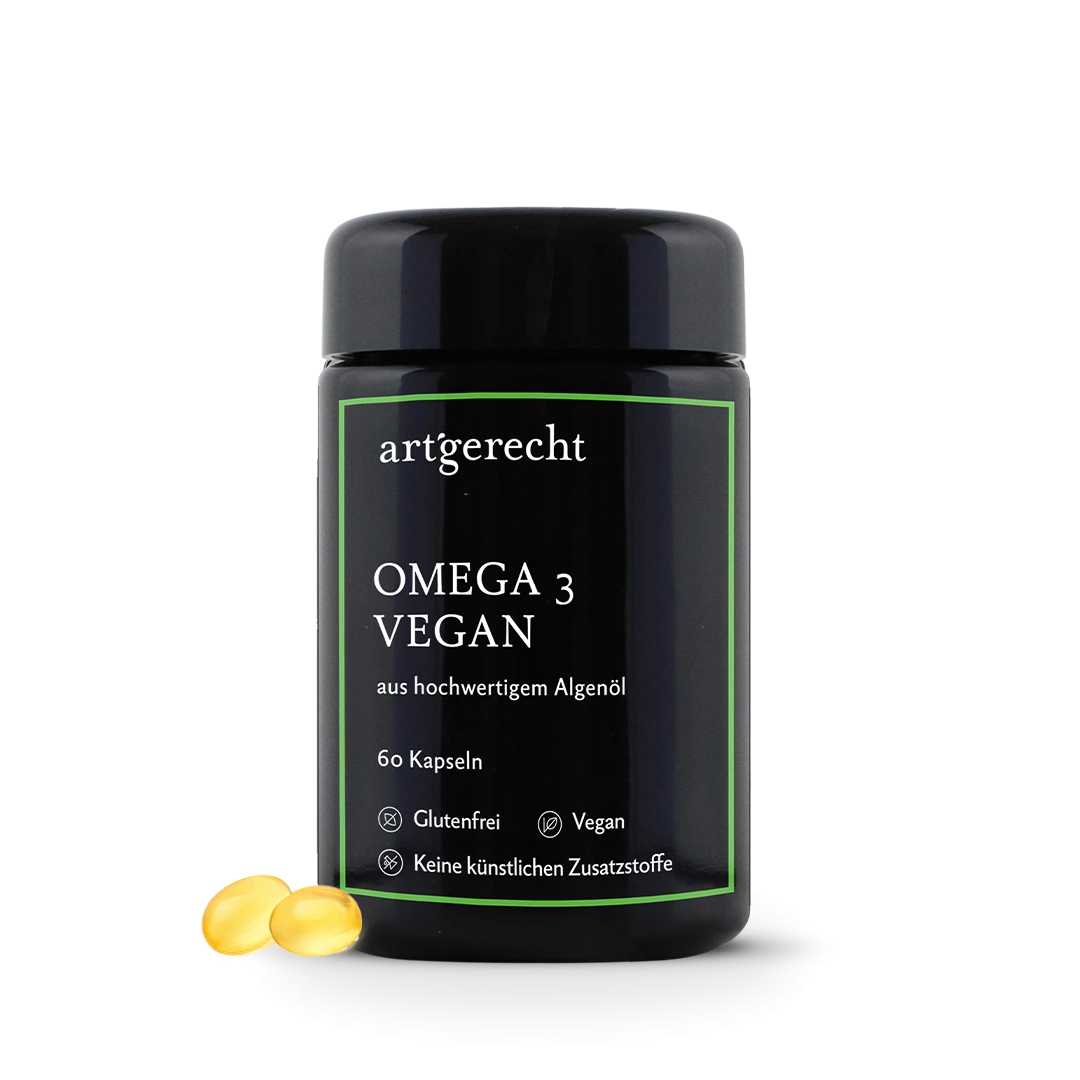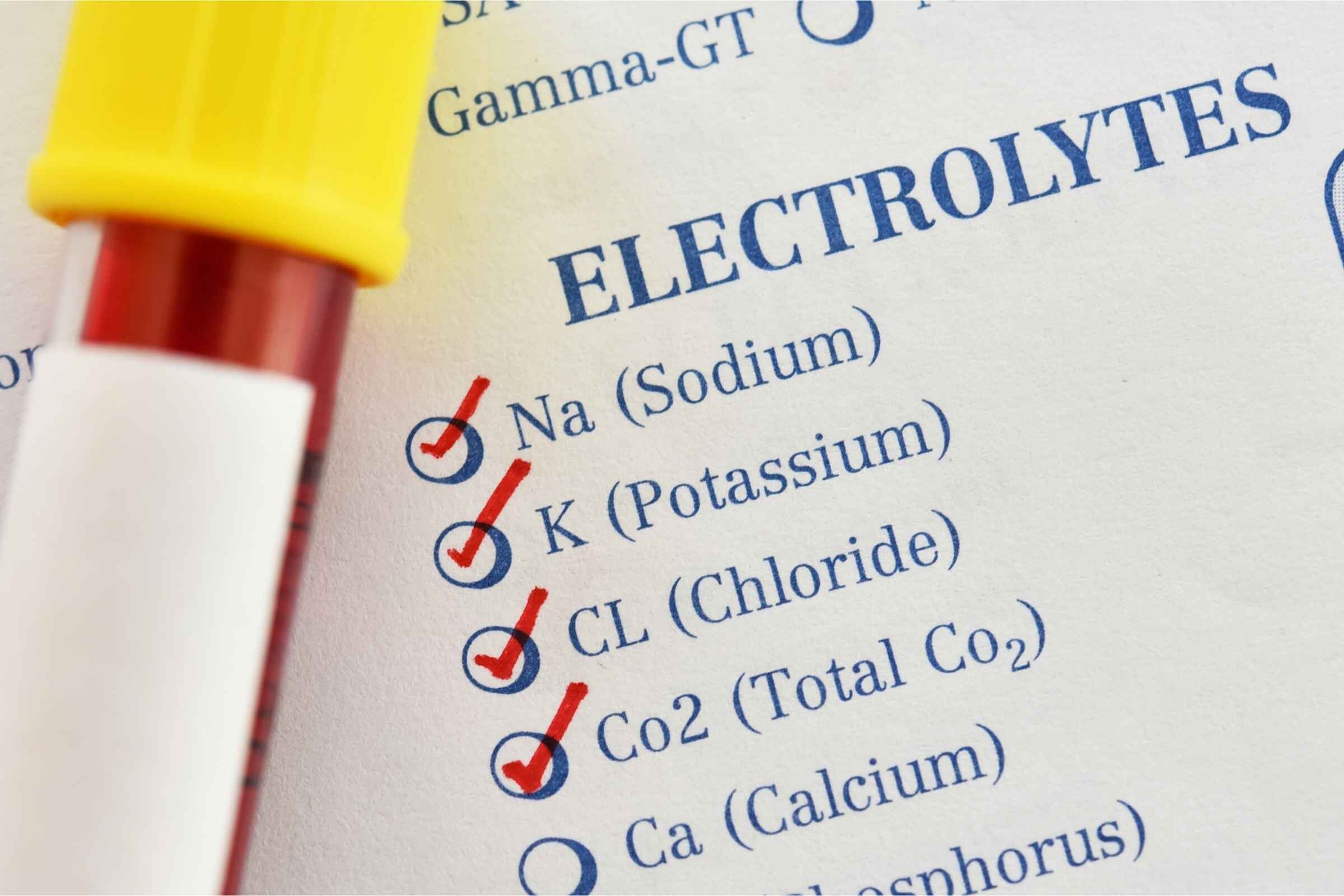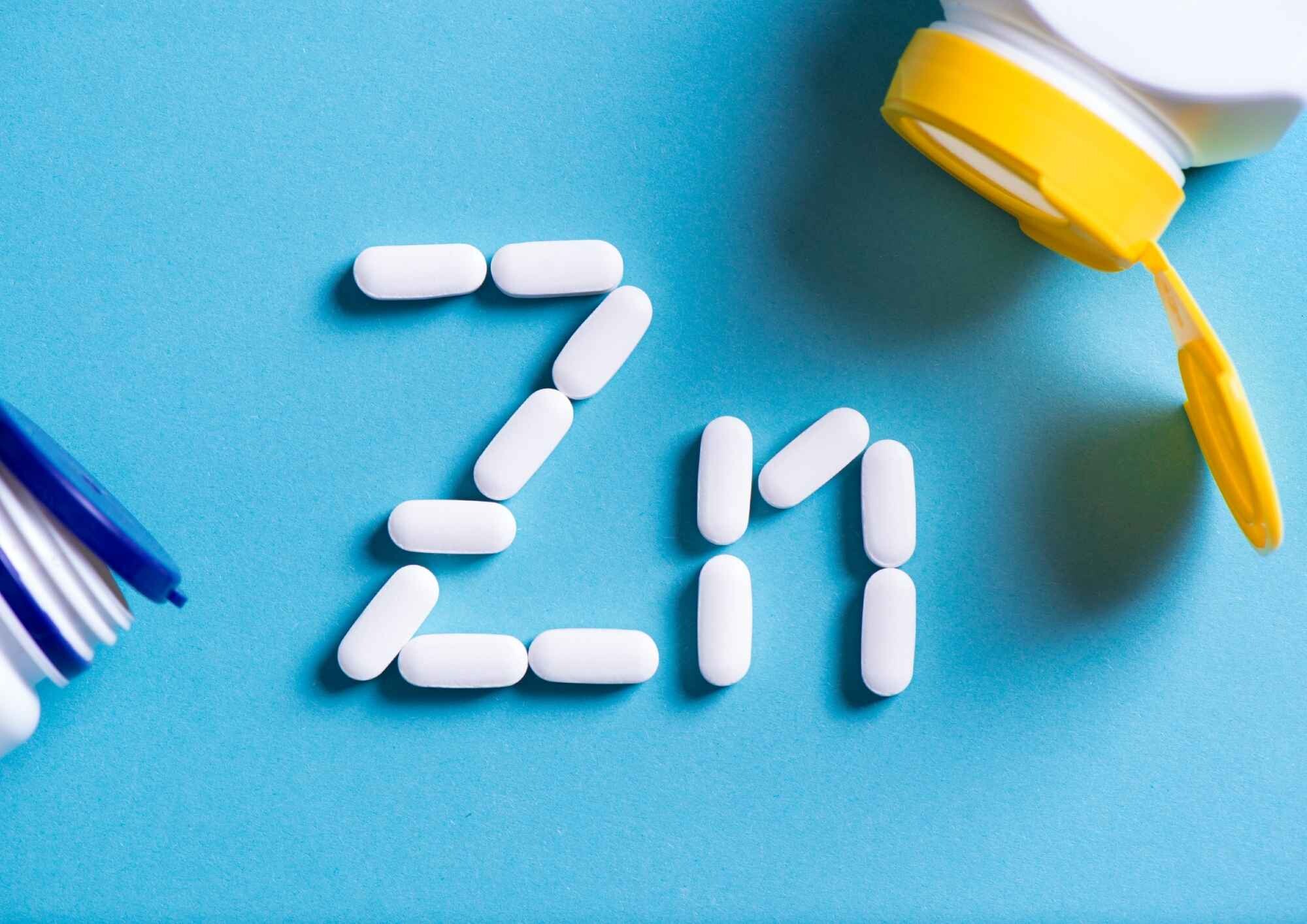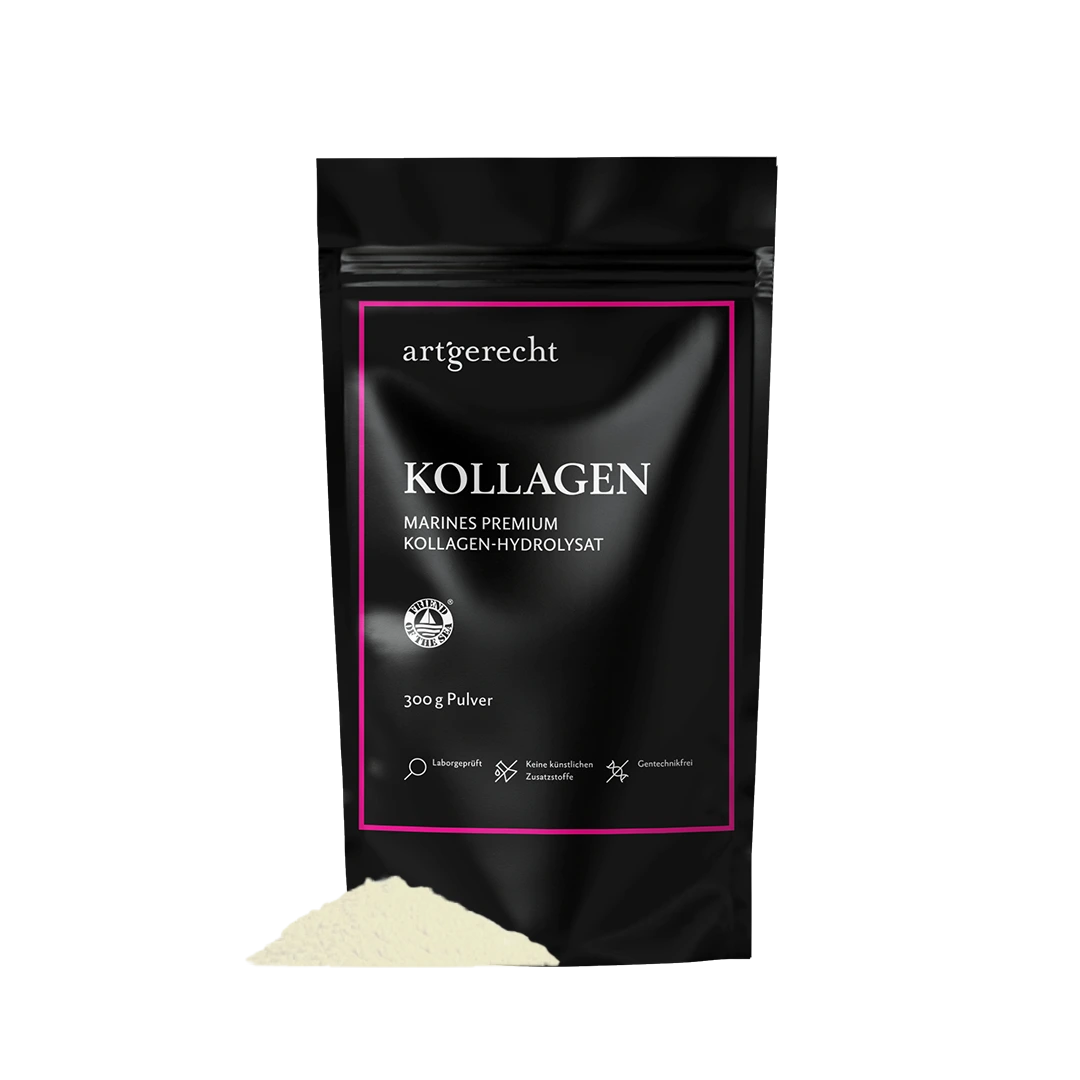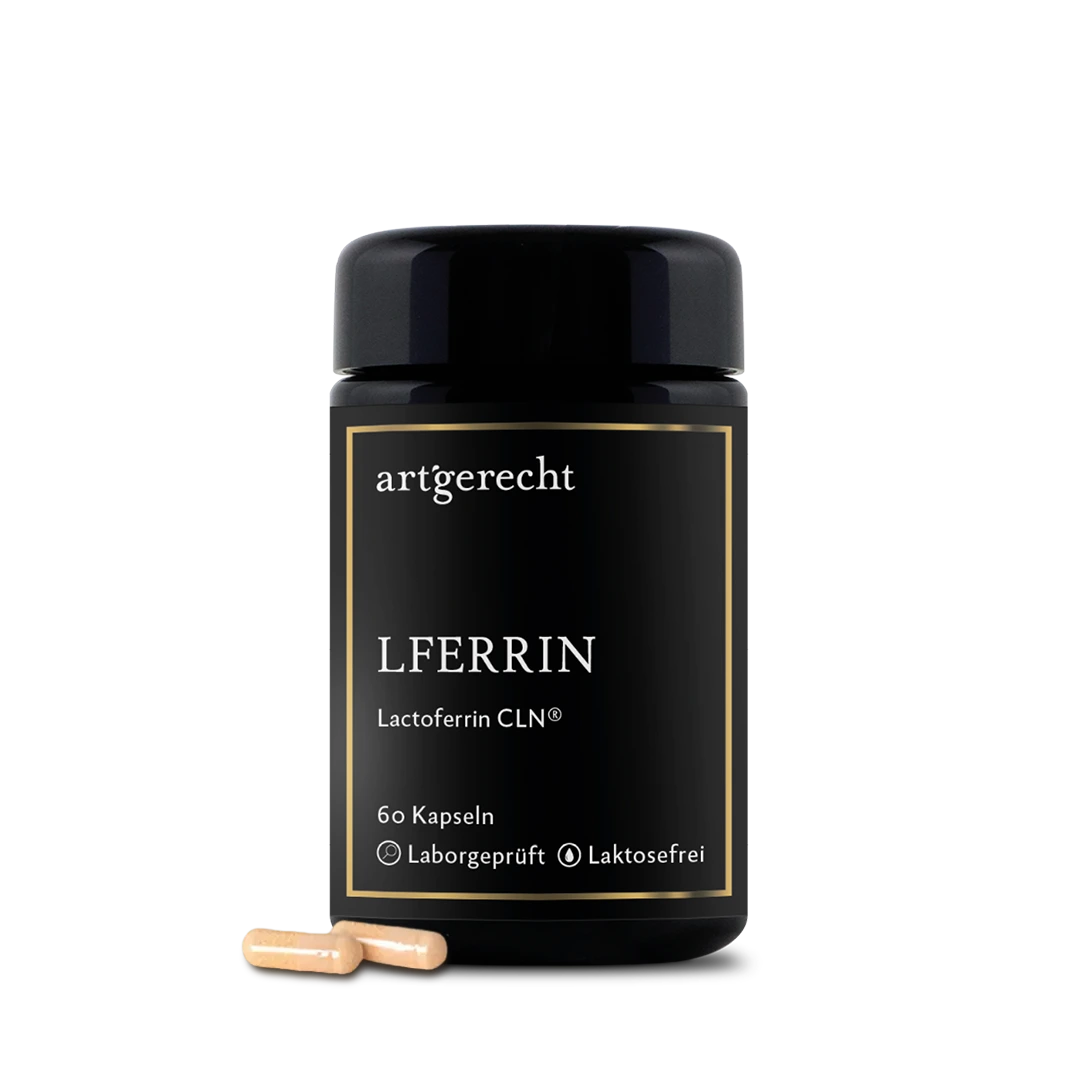On 29.09.2024 is Heart Health Day. World Heart Day is an initiative of the World Heart Federation (WHF), which brings together the heart foundations and cardiology societies of more than 100 countries. In 2024, the motto of World Heart Day is: “Recognize the warning signs and act”. Heart disease is one of the leading causes of death worldwide [1]. In 2023, cardiovascular disease was the leading cause of death in Germany, particularly from chronic ischemic heart disease (coronary heart disease, CHD) and acute myocardial infarction (heart attack) [2]. Several studies have shown that people who consumed fatty fish several times a week had almost half the risk of dying from CHD. The risk of acute myocardial infarction was also reduced by around a third compared to people who did not consume fish [3].
Contrary to the general assumption that dietary fats are generally harmful to the heart and should be avoided, certain unsaturated fats and acids are beneficial for heart health. Heart-healthy unhealthy fats include the omega-3 fatty acidsof which α-linolenic acid (ALA), eicosapentaenoic acid (EPA) and docosahexaenoic acid (DHA) are the three main representatives. These have a positive effect on cardiovascular health. While ALA is found in nuts, beans and olives, among other things, EPA and DHA are mainly found in marine products such as oily fish (e.g. tuna or salmon) [3].
Therapy with low-dose omega-3 fatty acids was able to reduce the frequency of sudden deaths due to cardiac arrhythmias and overall mortality in patients with known coronary heart disease. Results from clinical trials and meta-analyses on the effect of omega-3 fatty acids on cardiovascular events concluded that the daily intake of EPA/DHA is recommended for the primary and secondary prevention of cardiovascular disease. The recommended intake of EPA and DHA should be at least 500 mg/day for people without obvious cardiovascular disease and 800-1,000 mg/day for patients with known coronary heart disease or heart failure [4]. The American Heart Association also recommends eating fish or consuming around one gram of EPA and DHA per day to support the cardioprotective effect [5].
Omega-3 fatty acids cannot be synthesized by the body itself and must be ingested through food or supplemented [5]. To cover the recommended amount of omega-3 fatty acids, the products OMEGA and OMEGA VEGAN extend a balanced diet. The OMEGA capsules contain 1 gram of omega-3 fatty acids, including 500 mg EPA and 250 mg DHA. The OMEGA VEGAN capsules provide 550 mg of omega-3 fatty acids, including 350 mg EPA and 150 mg DHA.
[1]https://herzstiftung.de/service-und-aktuelles/publikationen-und-medien/weltherztag last accessed on 25.09.2024 at 11:37
[2]https://www.destatis.de/DE/Themen/Gesellschaft-Umwelt/Gesundheit/Todesursachen/Tabellen/sterbefaelle-herz-kreislauf-erkrankungen-insgesamt.html last accessed on 25/09/2024 13:29
[3] Chaddha, Ashish, and Kim A. Eagle. “Omega-3 fatty acids and heart health.” Circulation 132.22 (2015): e350-e352.
[4] Jain, A. P., Aggarwal, K. K., & Zhang, P. Y. (2015). Omega-3 fatty acids and cardiovascular disease. Eur Rev Med Pharmacol Sci, 19(3), 441-5.
.[5] Covington, M. B. (2004). Omega-3 fatty acids. American family physician, 70(1), 133-140.


